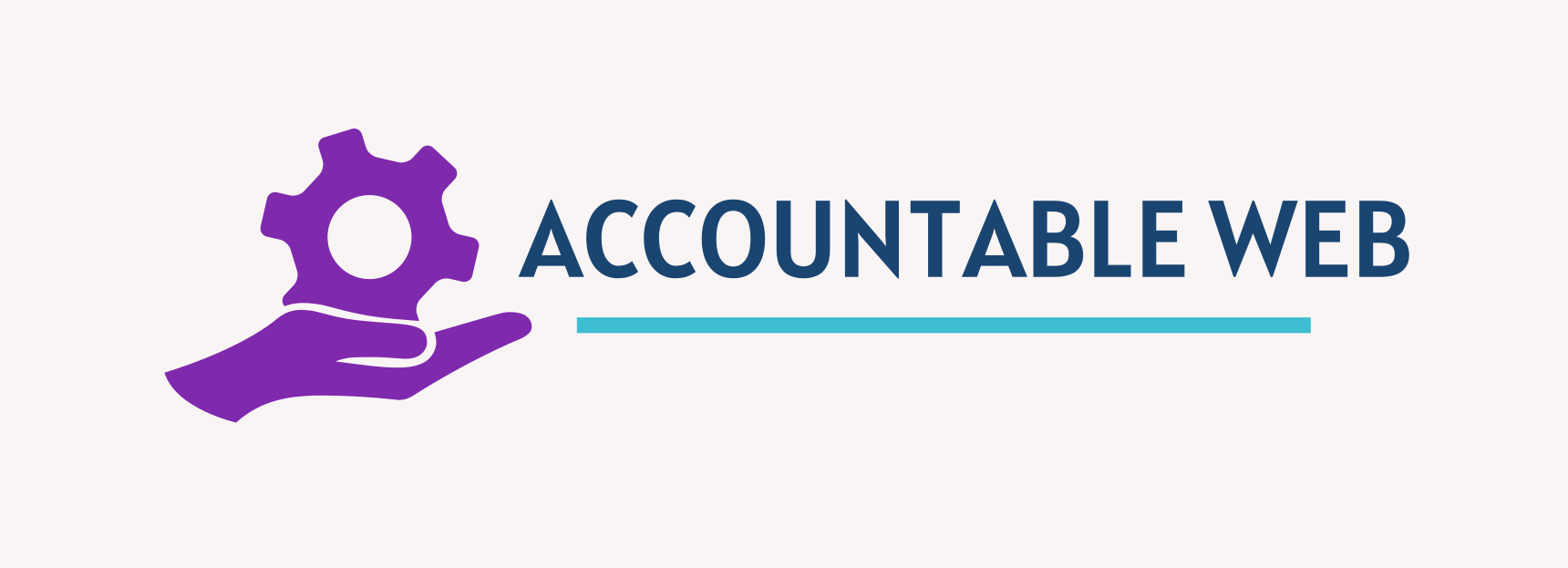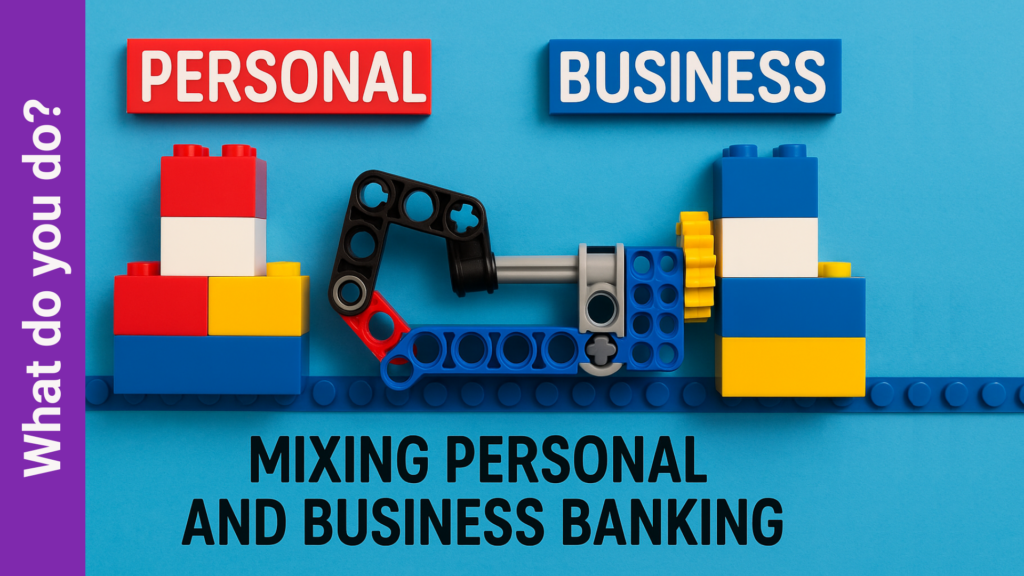Let’s break it down with something a little more fun than VAT thresholds.
The LEGO Metaphor
Imagine you’re building a working crane out of LEGO Technic; the kind with gears, pulleys and little motors. You’re trying to follow the instructions, but half your pieces are random LEGO blocks from a Harry Potter castle and a Star Wars set. They don’t quite fit, but you can wedge them in if you try hard enough.
You might finish your crane… But it’s going to be wobbly, mismatched, and take five times longer than it should. You’ll probably feel frustrated. A bit embarrassed. Maybe even avoid finishing it altogether.
Light bulb moment – That’s exactly what happens when you mix business and personal money in one bank account.
It works….. until it really doesn’t; especially at tax time.
5 Reasons to Open a Separate Business Bank Account
1. It makes your life easier – especially at tax time Trying to pull out just your business transactions from a mixed personal account is a headache. You’re scrolling, filtering, guessing… and still wondering if you missed something. A separate account keeps everything clean and clear. Linking a business account to your bookkeeping software is also so much easier.
2. It protects your mental load Every time you log into a mixed account, you see your grocery bills, birthday gifts, and that panic Amazon purchase at 11pm. It’s visual clutter. A business account lets you focus on the business without mental crossover.
3. It helps you understand your actual cashflow If you’ve ever thought, “I feel like I should have more money than this…”, a separate account will help you track what’s really coming in and going out, without the fog of household spending.
4. It makes you look like a grown-up business owner Clients or suppliers paying into “Maria’s Personal Account” doesn’t exactly scream credibility. A business account shows you mean business. It builds trust, even in subtle ways.
5. It prepares you for growth (and funding) If you ever want to apply for a loan, grant, or mortgage – or even just work with an accountant – having a business account in place is a green flag. It shows you’re organised, trackable, and taking your business seriously.
Why Some Business Owners Don’t Use One (and What to Watch Out For)
1. It can feel like “yet another thing” to do There’s paperwork, ID checks, choosing the right bank… and it can easily drop to the bottom of the list. But many online banks now offer same-day setup and low fees – worth exploring if time is tight.
2. Business accounts may have monthly fees Unlike many free personal accounts, business accounts can charge £5–£12 a month, plus transaction fees. It’s not huge, but it’s worth factoring into your budgeting. Think of it like the price of peace of mind.
3. It might feel like overkill if you’re just starting out If your income is small or inconsistent, a business account can feel like more than you need. However, this is often when it’s most helpful; especially if you’re selling across multiple platforms or preparing for tax returns.
4. It adds another account to track Yes, it’s one more login, but think of it as a container – a clear box that only holds the right LEGO pieces. It reduces mess elsewhere; and the pain of standing on a block in the middle of the night!
5. You can technically “get away” without it – for now The government doesn’t require sole traders to have one, but if you’re ever investigated or audited, showing clean records from a separate account could save you a world of stress.
What Should You Consider Before Deciding?
There’s no one-size-fits-all answer – it depends on your business, your mindset, and your goals. Here are a few questions to help you make a confident choice:
- How many transactions are you managing each month? The more payments and invoices you’re juggling, the more a separate account can simplify your records.
- Are you planning to grow? If you want to expand your business in the future – whether that’s hiring, launching a new offer, or applying for funding – a clean financial setup now makes things easier later.
- What features actually matter to you? Some business accounts offer automated expense tracking, invoice creation, or integrations with accounting tools. Look for an account that supports how you work.
- Do local rules apply to you? While UK sole traders aren’t legally required to separate accounts, other business structures (like limited companies) will require it. It’s worth double-checking your responsibilities, especially if things change.
- Does the long-term benefit outweigh the short-term effort? Yes, it might cost a few pounds and an hour of admin, but if it saves you stress, time, and potential errors down the road… that’s a solid investment.
Still undecided?
You don’t have to open a business bank account, but most of the sole traders say the same thing once they do:
“I wish I’d done this sooner. Everything just feels… clearer.”
If you want to feel more in control, more organised, and less tangled in tax-time chaos, this is a small, smart step that can make a big difference.
Where to start?
Let’s sort the small stuff together. I’m happy to walk you through what to look for, how to set it up, or even review your current setup – no pressure, no jargon, just support.
Comment below or pop me a message – no awkward questions here.

